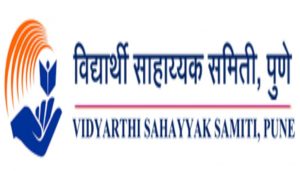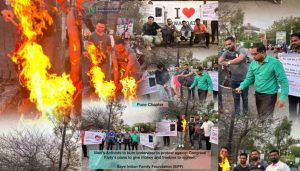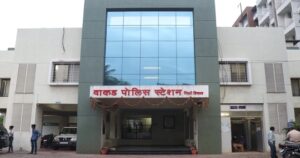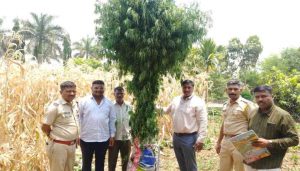We need a holistic approach to follow up on the bold decision of revoking Article 370: Lt. Gen. Hooda
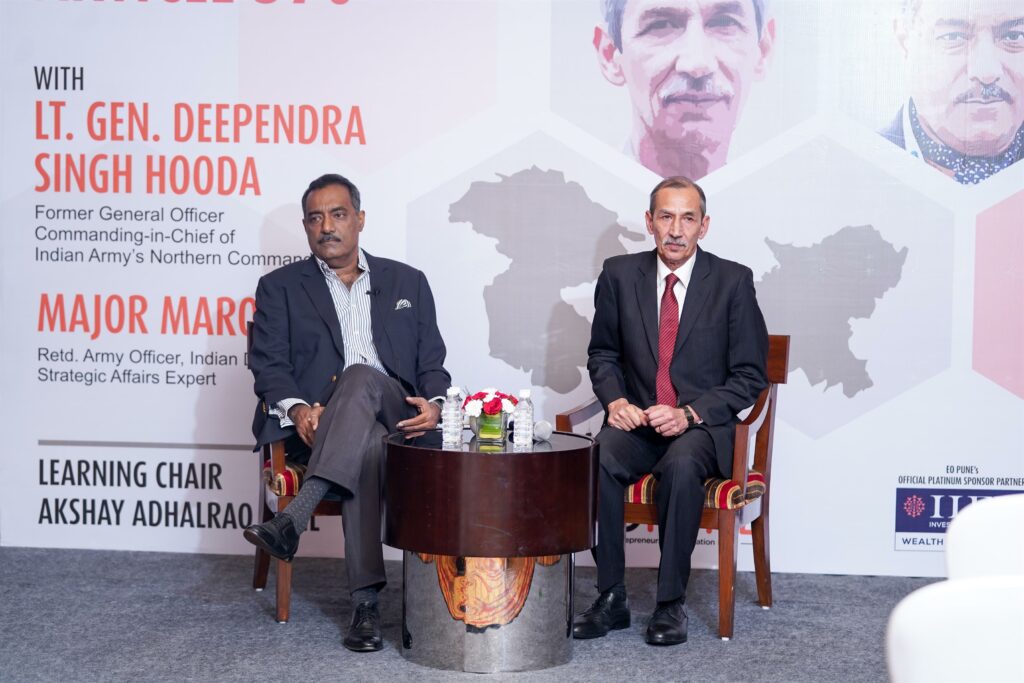
Pune, August 19, 2019: “We need to reach out to the Kashmiris and fill the communication gap through correct political measures. They have aspirations and that’s something we have to consider to end the conflict. Abrogating article 370 changes the status quo which has been in place for 70 years. Though abrogating article 370 was an accomplishment, we should now plan for the development of the state as that would bring about the intended outcomes,” said Lt. Gen. Deependra Singh Hooda, Former General Officer, Commanding in Chief of Indian Army’s Northern Command.
Hooda was speaking at a discussion program- ‘A conversation on Article 370’ organized by Entrepreneurs’ Organization Pune chapter on Saturday, August 17, 2019 at Hotel JW Marriot, Pune in presence of Major Maroof Raza, Retd. Army Officer, Indian Defence Analyst, Strategic Affairs Expert and Akshay Adhalrao Patil, Learning Chair, EO Pune.
“We need to know what the ramifications of scrapping of Article 370 in Kashmir will be as we don’t have a synergized operational strategy to deal with the conflict in Kashmir. The government must take a holistic approach and prepare a blueprint for the state. There is a fear of future among the Kashmiris and security-wise, the conditions are deteriorating in Kashmir since 2013 due to upsurge in violence, interference from Pakistan and cease-fire violations. The youth also is being radicalized and for the first time the number of local terrorists has outnumbered the foreign ones. But despite that, large number of Kashmiris want a better life and a peaceful environment and that can be achieved only through political-military arbitration,” said Hooda.
He added saying that the Indian army has taken the initiatives to run de-radicalization programs for Kashmiri youth and has set up territorial units in the army which recruits locals. “Under Operation Sadbhavana, the army runs 52 schools, youth engagement centres and provides counselling. Peace can be achieved only through a new political leadership and by reducing criminal classification of a particular community,” he added.
According to Raza, author of ‘Wars and No Peace Over Kashmir’, any sort of coalition with the J&K’s People Democratic Party (PDP) by the government for the second term might jeopardize the peace process in the state and would further aggravate the crisis.
“Scrapping the article was a big effort on government’s part but elections at this point in Kashmir could prove ineffectual as it may not solve its problems and it could be a mistake to re-elect the same politicians there as they have failed to run the state. We rather need to send more ex-servicemen, academicians and entrepreneurs who can prepare a plan and make it work. We have resources and ideas and we should utilise it,” said Raza.

